

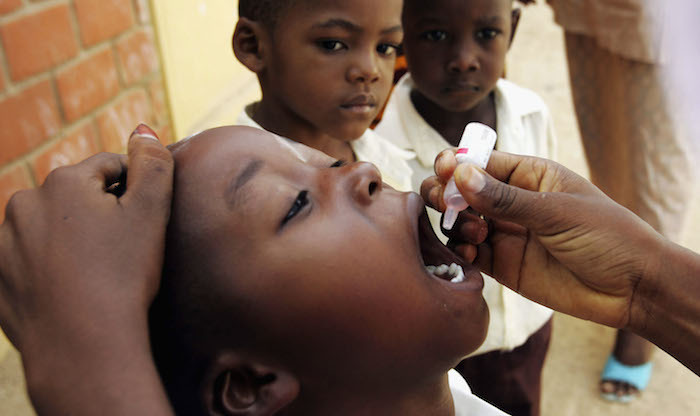
Parental education increases brushing and fluoride use but associates with higher refined carbohydrate intake, coinciding with rising early childhood caries in Ile‑Ife, Nigeria.

FMDQ, FC4SL, FSD Africa, Chapel Hill Denham and Kaltani formed a partnership to scale climate-aligned financing and green capital markets in Nigeria.

IFC's benchmarking finds its Disclosure & Transparency Framework aligns with ISSB, ESRS, and GRI, but emerging markets face data and capacity gaps.
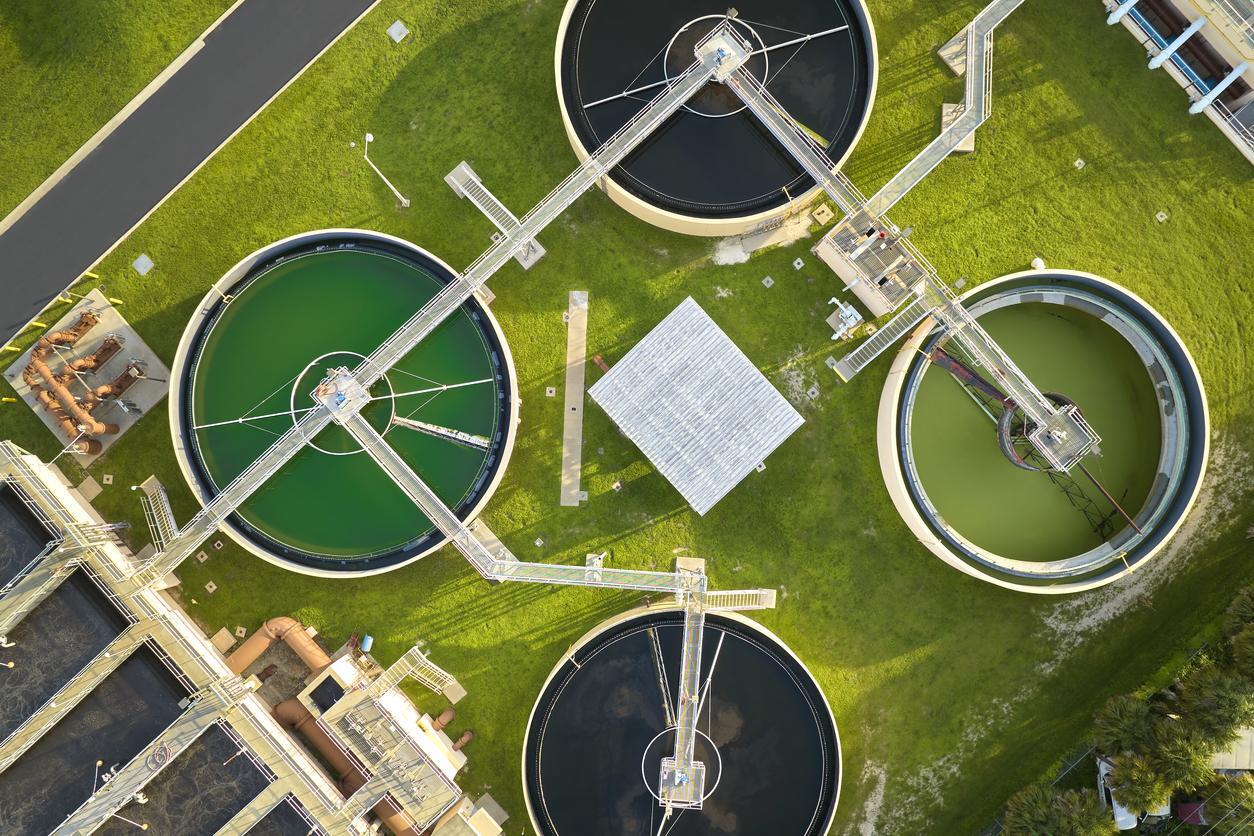
Sanlam and Climate Investor Two will use an EU-backed bridge facility to convert loans into climate bonds financing African water, sanitation and ocean-resilience projects.

Developing countries lack institutional capacity, procurement speed and data systems, undermining access to rising global climate finance and risking underutilisation of pledged funds.
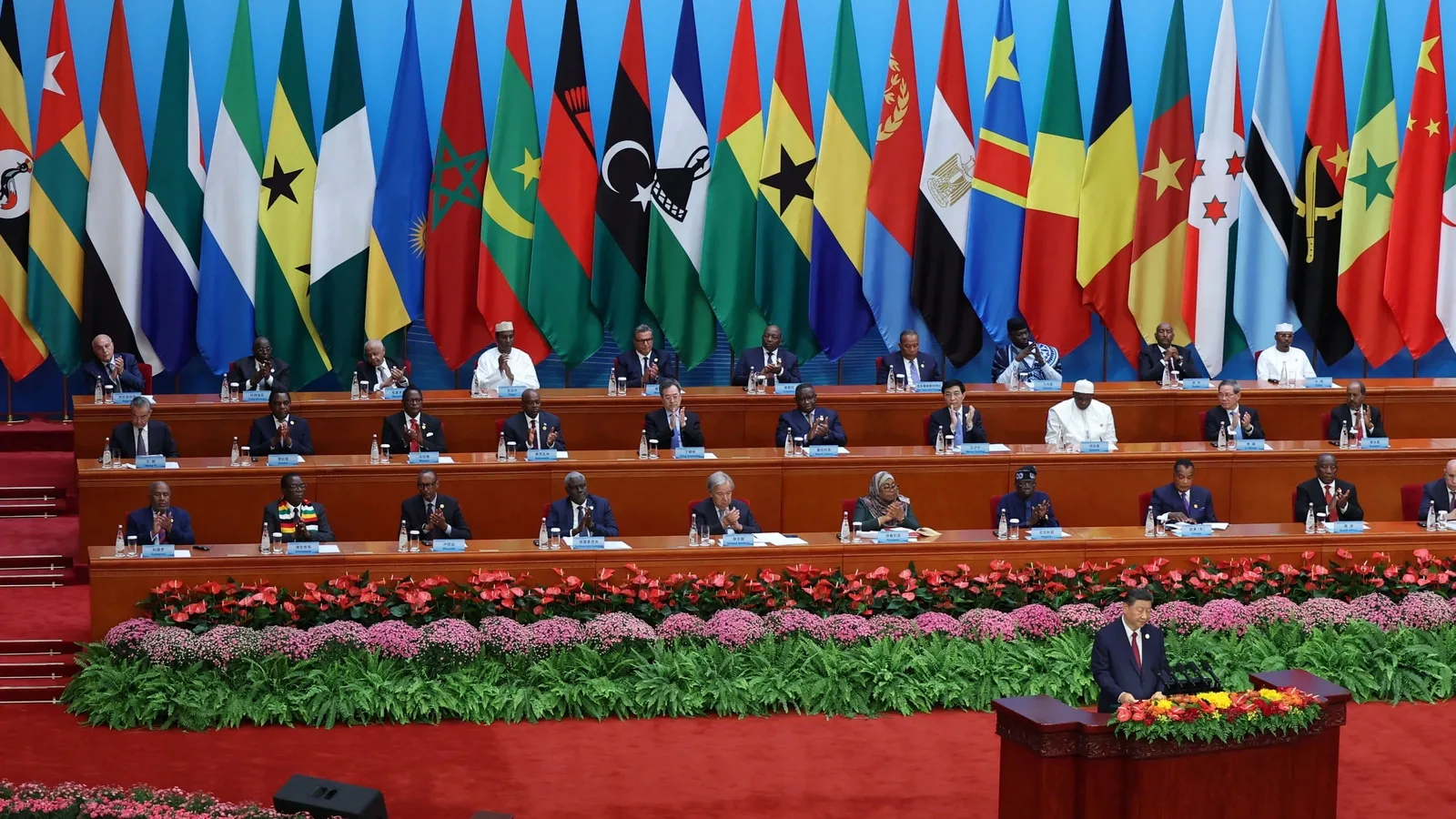
African Union held a strategic retreat in Beijing to align continental priorities and coordinate implementation ahead of the 2024–2027 FOCAC cycle.

SSA identifies ten global sustainability trends reshaping African business strategy, from climate risks and disclosure convergence to biodiversity, tech-enabled solutions, and supply-chain resilience.

Nigeria's Financial Reporting Council holds company directors accountable for inaccurate sustainability and climate disclosures, urging governance improvements ahead of mandatory ISSB-aligned reporting.

Corporate Governance Institute identifies ten ESG trends—mandatory reporting to AI governance—that will reshape investor expectations and corporate strategy.

PenCom's revised guideline mandates INED minimums, formal diversity policies, tenure caps, mandatory external evaluations, and stricter ownership and compliance rules for Nigerian pension operators.

Africa's $5 billion film industry is being framed as a lever to mobilise private capital for healthcare, addressing a $66 billion annual financing gap.

Sustainable-debt issuance in Africa reached nearly $13 billion in 2024 but remains under 1% of the global total, highlighting a major financing shortfall.

s&p global finds africa needs $130–170 billion annually in infrastructure; institutional reform and private-capital mobilisation are essential to close funding and execution gaps.

S&P Global finds Africa's blended-finance flows at US$6–15 billion versus over US$1 trillion needed, spotlighting structural barriers and ecosystem reforms to mobilise private capital.

S&P Global outlines innovative financing—sustainability-linked bonds, blended finance—to bridge Africa's renewables funding gap, contingent on policy, risk-mitigation and institutional reforms.
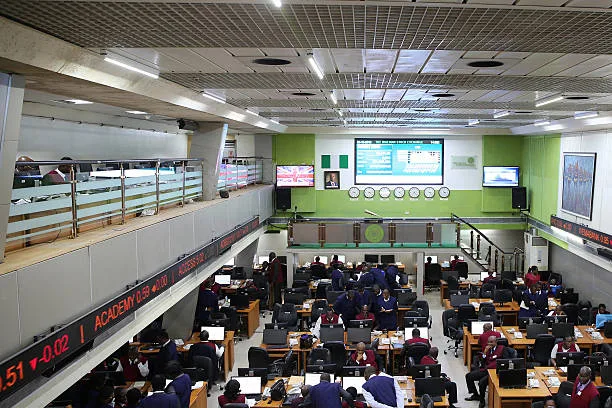
S&P Global reports MLIs are expanding African capital markets via loans, guarantees and technical assistance, but regulatory, scale and private-sector gaps require systemic reforms.

Global report finds 91% of market capitalisation discloses climate data but only 26% report meaningful human-rights information, exposing supply-chain transparency gaps.
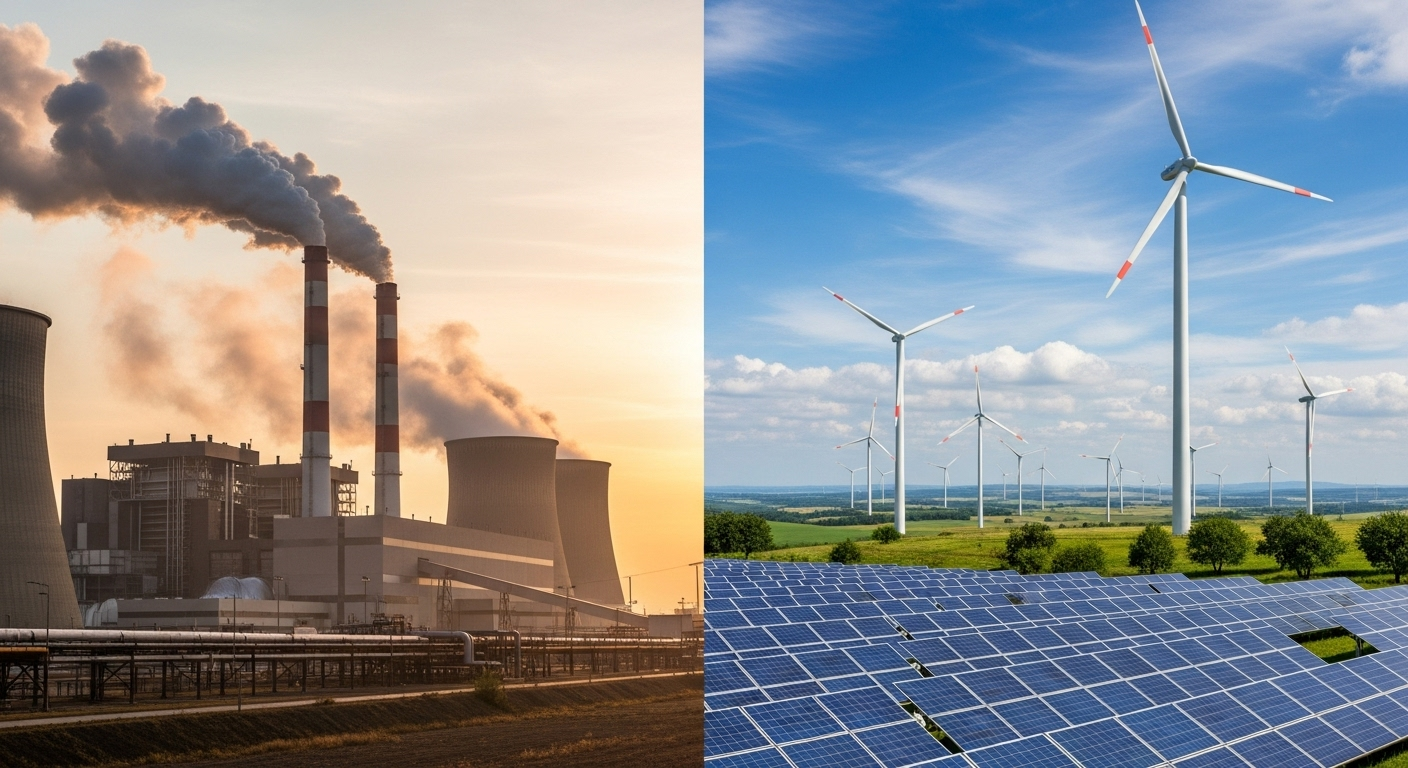
Institutional investors continue to hold large stakes in high-emitting sectors, limiting capital flows to low-carbon innovators and slowing the climate transition.

Climate-vulnerable households and SMEs face exclusion from green finance, increasing systemic risk and prompting World Bank guidance for inclusive regulatory approaches.

Parental education increases brushing and fluoride use but associates with higher refined carbohydrate intake, coinciding with rising early childhood caries in Ile‑Ife, Nigeria.

IFC's benchmarking finds its Disclosure & Transparency Framework aligns with ISSB, ESRS, and GRI, but emerging markets face data and capacity gaps.

SSA identifies ten global sustainability trends reshaping African business strategy, from climate risks and disclosure convergence to biodiversity, tech-enabled solutions, and supply-chain resilience.

IPSF's 2025 report shows taxonomy interoperability, transition finance and biodiversity rules reshaping markets; African governments must align regulations to secure capital and competitiveness.

Sediment analyses show nickel, cadmium, lead, vanadium, manganese and iron in Sapele River exceed WHO limits, indicating industrial pollution and community exposure risks.
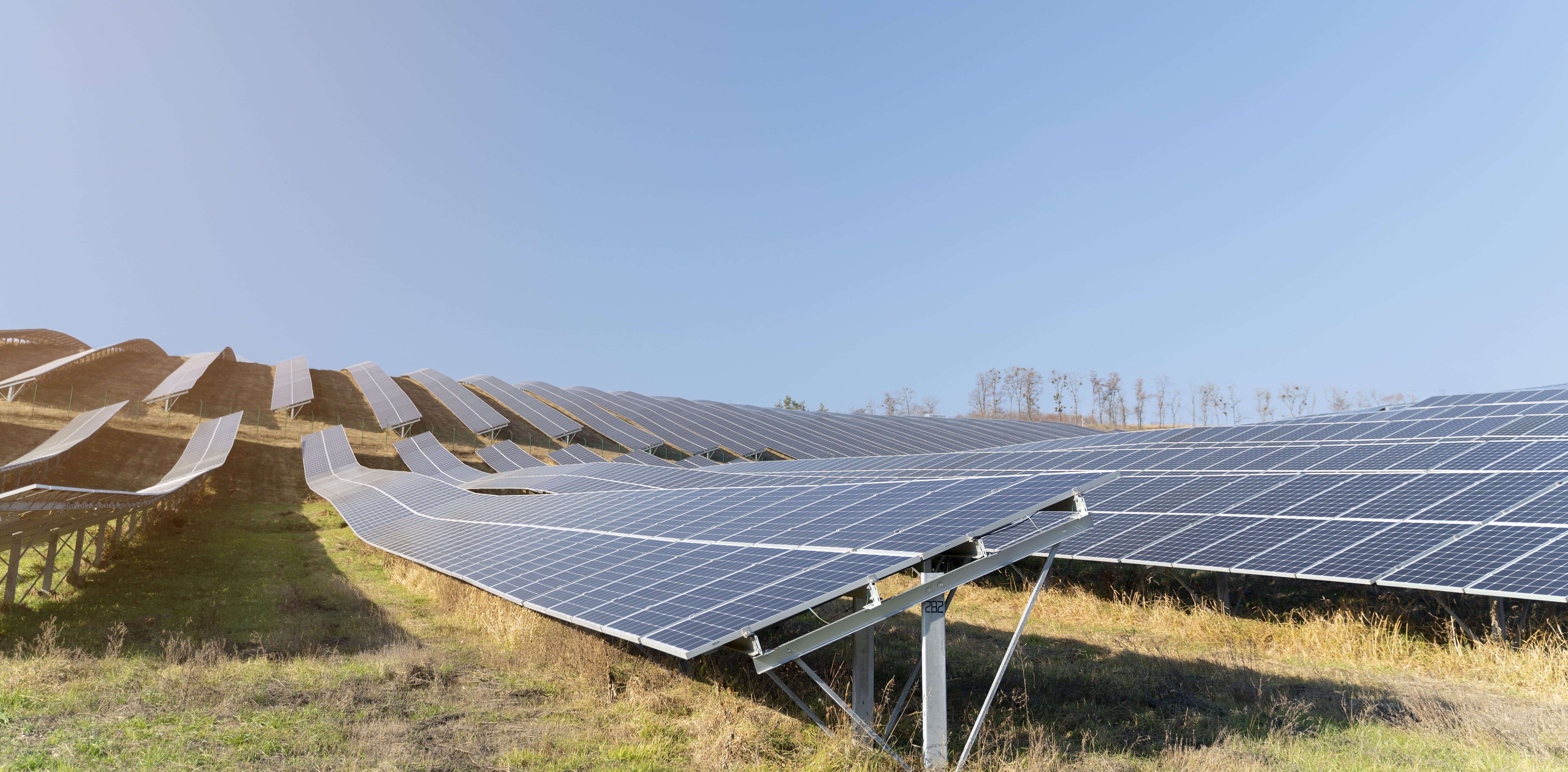

Summary and evidence-based insights into corporate, government, and organisational sustainability disclosures across Africa, highlighting achievements, uncovering gaps, and spotlight opportunities for progress.